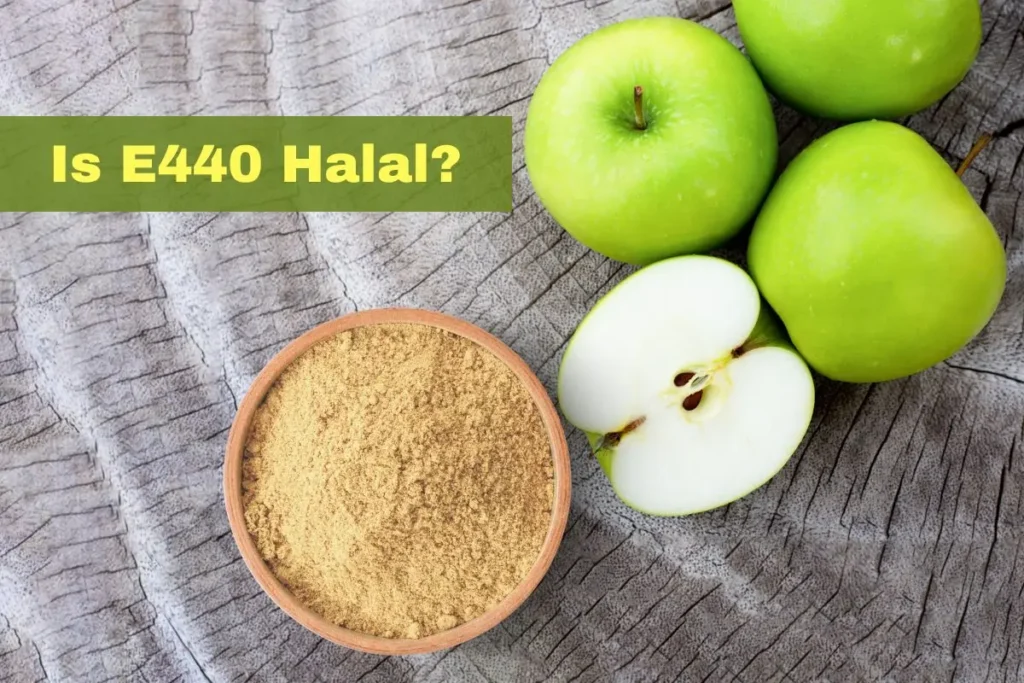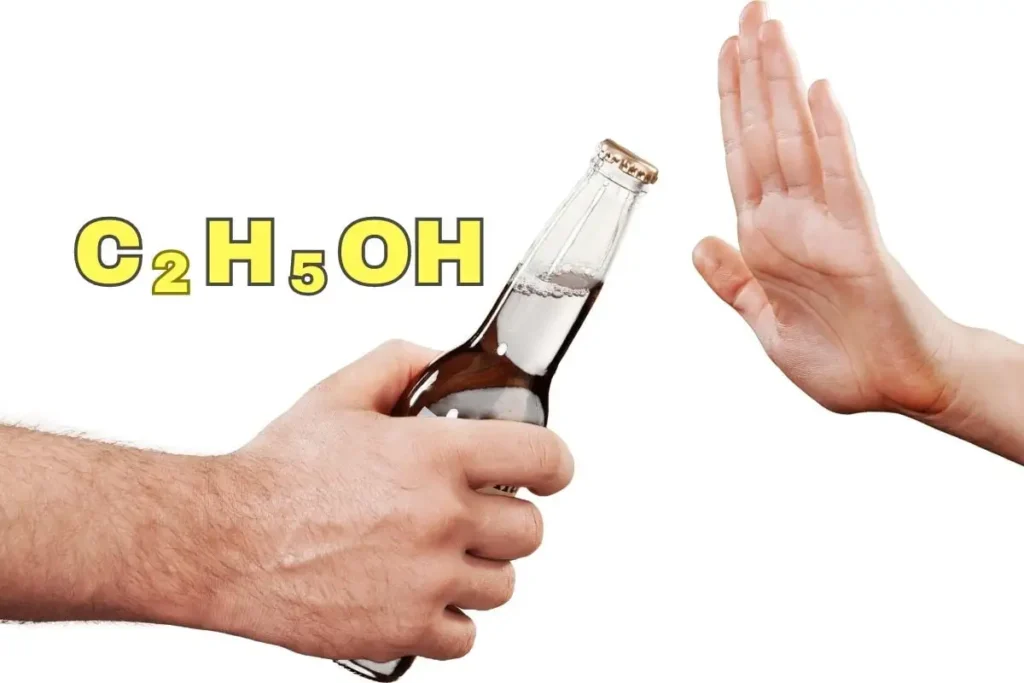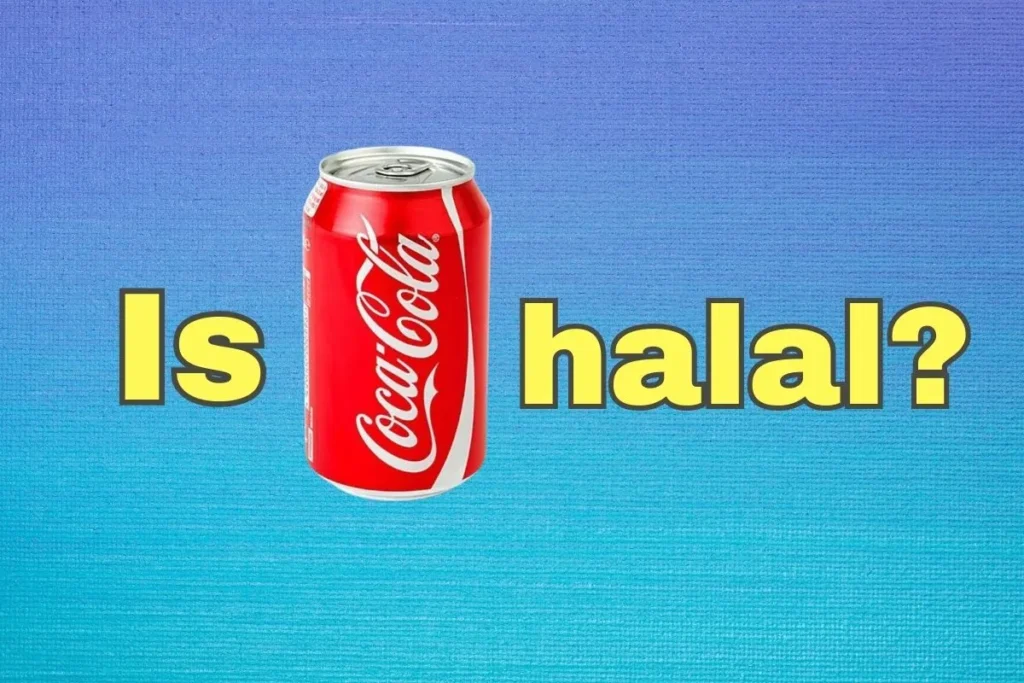Unravel the culinary intrigue with us as we delve into the enigma of E440aa – Is it halal or a taste bud tease? In this quick exploration, we’ll sift through the spice rack of information, ensuring you’re equipped to navigate the world of flavors with confidence. Ready for a journey into the heart of Halal?
Let’s demystify E440a together!
Key Takeaways
| 📌 E440a, or pectin, is a natural polysaccharide derived from citrus fruits, apples, or sugar beets, lending its gelling and stabilizing prowess to various foods. |
| 📌 Commonly used in jams, yogurts, and baked goods, pectin, with its plant-based roots, is generally considered halal by Islamic scholars, ensuring mindful consumption. |
| 📌 Approved globally as a safe food additive, E440a is widely embraced, showcasing its versatility without compromising dietary safety. |
What Is E440a?
E440a, also known as pectin, is a polysaccharide found naturally in the cell walls of plants. It is commonly used as a gelling, thickening, and stabilizing agent in foods.
Pectin is a structural heteropolysaccharide found in the primary cell walls of terrestrial plants. It is produced commercially by extraction from citrus fruits, apples, or sugar beet pulp using hot dilute acid followed by precipitation with alcohol.
Pectin is commonly used as a gelling agent and emulsifier in foods and pharmaceuticals. When it comes to E440a, there are a few important factors to consider. Let’s take a look further!
Chemical Structure
Pectin is a complex polymer of α-(1→4)-linked D-galacturonic acid residues, with some of the carboxyl groups methyl esterified. It may contain branches of rhamnose, galactose, and arabinose. Pectin’s gel strength depends on the degree of methyl esterification and the distribution of the methylated residues along the galacturonic acid backbone.
What Is E440a Made From?
E440a is primarily obtained through the extraction and purification processes of citrus fruits (mainly oranges and lemons), sugar beet pulp, or apple pomace. The fruits and plants used to manufacture pectin must come from permissible sources according to Islamic rulings.
Possible Side Effects
Some individuals may experience mild gastrointestinal side effects like diarrhea, flatulence, or abdominal cramps from high intake of soluble fibers like pectin. However, the levels usually added to foods are considered safe for most people by food regulators worldwide.
Regulations and Guidelines
Pectin is considered safe for human consumption globally, and in most regions, there are no maximum limits on its use in food and beverage products.
In the EU, pectin has an ‘E’ number – E440a, signifying that it has been thoroughly tested and proven to be safe for human consumption. It is not compulsory for food companies in the EU to use the E number for pectin on product labels; they are free to declare it simply as ‘pectin’
Dosage and Administration
The acceptable daily intake (ADI) for pectin is not specified due to its low toxicity. It is self-limiting as high levels cause increased fecal bulk which deters further intake.
However, the dosages and administration of E440a pectin depend on the specific product and intended use, and it is important to follow the recommended guidelines and regulations for safe consumption
Is E440a Halal or Haram?
Most Islamic scholars and Halal Authorities agree that E440a pectin is halal for Muslims to consume, provided it is derived from permissible plant sources through mechanical and chemical processes that do not involve ingredients of non-halal origin like animal derivatives.
Its usage as a food additive helps extend shelf-life without fundamentally altering the nature of foods. So in summary, pectin is considered halal.
Find out more:
Is E436 Halal or Haram?
Is E440a Halal or Haram?
Conclusion
🌟 Savoring the Essence of E440a: A Culinary Odyssey
Embarking on our journey through the world of E440a, we’ve unraveled the secret behind its role as a natural wonder in the culinary realm. As we conclude, let’s relish the assurance of its halal status, its plant-powered origins, and the global vote of confidence in its safety.
So, dear gastronomic explorers, fear not the mystique of E440a! Let it be a symbol of the harmonious blend of nature’s gifts and human ingenuity, enriching our culinary adventures with every tantalizing bite. May your food be delicious, your choices informed, and your journey through the flavors of E440a delightful. Bon appétit! 🌿🍇🍴
Allahu A’lam (Allah Knows Best)
FAQ
What is the source of E440a?
E440a pectin is primarily obtained from citrus fruits like oranges and lemons, as well as sugar beet pulp and apple pomace.
Is E440a safe for consumption?
Yes, the Joint FAO/WHO Expert Committee on Food Additives has approved E440a pectin as safe for human consumption at normal usage levels.
What are some common food products that contain E440a?
Common foods containing E440a include jams, jellies, marmalades, fruit yogurts, fruit fillings, and bakery products like biscuits. It is used as a gelling agent and stabilizer.
What is the CAS number of E440a?
The Chemical Abstracts Service (CAS) registry number for pectin is 18968-14-4.
Is E440a banned in any country?
E440a pectin is not banned for food use in any country according to current regulations. However, some countries have restrictions on levels permitted depending on the food application.
- Is Pop Tarts Halal? What You Need to Know - February 18, 2024
- Are Graham Crackers Halal in Islam? - January 19, 2024
- Is Keebler Wheatables Halal? - January 18, 2024





